Recent articles by Mark J. Valencia

20 January 2024
A self-written obituary: Dr Mark John Valencia II
Mark was born and raised in the Boston area. His rough and tumble youth left an indelible mark reflected in his Boston blue collar accent, attitude and life-long membership of the Red Sox nation. He fell in love with Hawaii the moment he arrived in January 1969 to pursue a PH. D. in Oceanography at UH.

9 November 2023
Albanese, Xi meet in the shadow of the Australia-China-US triangle
As Australian Prime Minister Anthony Albanese visited Beijing in an attempt to improve relations, Elena Collinson warned that untangling Australia- China relations from China- U.S. relations would be difficult. Indeed, AustraliaChina relations remain deeply troubled. Because the dynamics and dangers in the relationship are still the same, it is worth revisiting a piece I wrote last year for Pearls and Irritations.
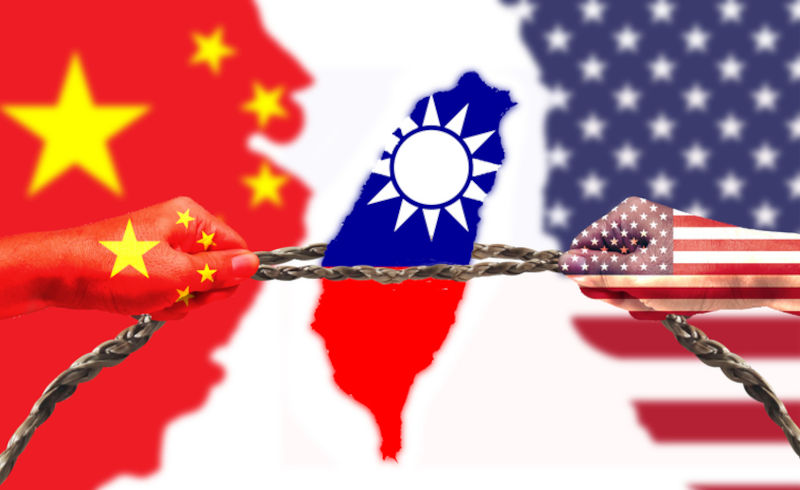
7 July 2023
US partly to blame for Taiwan Strait incident
A major purpose of US Secretary of State Antony Blinkens visit to China was, in his words, to reestablish communications to reduce misunderstandings and miscommunications to prevent or manage incidents between the two militaries. The 3 June near collision of China and US warships in the Taiwan Strait is a prime example.

31 May 2023
Is a Gulf of Tonkin-type incident brewing in the South China Sea?
The situation in the South China Sea is on the verge of becoming a game of chicken between the U.S. and China with the Philippines in the middle. This would be very dangerous and could cause China to miscalculate. Either one blinks or they clash.

26 May 2023
The South China Sea: countries in glass houses should not throw stones
The Philippines publicly announced that it is deploying navigational buoys near some of the rocks it claims and occupies in the South China Sea. It says the buoys signify the countrys sovereign rights and jurisdiction over our EEZ and has warned of serious repercussions if China removes them. This was just its latest provocative and hypocritical action in the South China Sea.
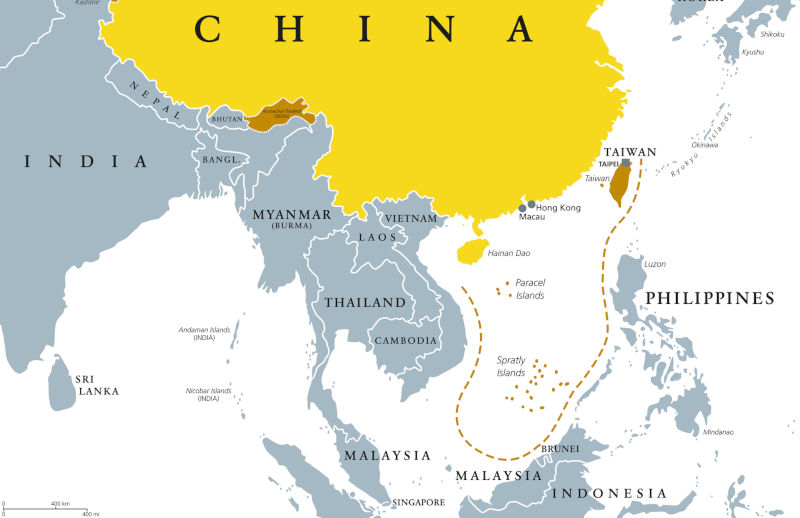
11 May 2023
A worst case scenario for the South China Sea
The increasing militarisation of the South China Sea disputes sets the stage for the worst case scenariofrequent and widespread conflict that eventually results in a military confrontation between China and the US.To avoid this scenario, the reality is that China, its rival claimants and the U.S. have to compromise.
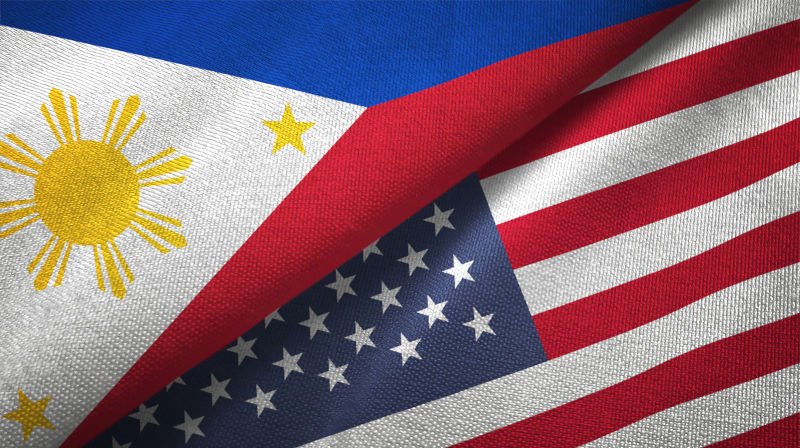
5 April 2023
The negative consequences of the Philippines choice of the US over China
The Philippines has clearly chosen the U.S. over China in their struggle for regional hegemony. The Marcos Jnr administration says that it is in its national interest to do so. But there will be significant negative consequences as well.

19 October 2022
US Asia Policy seems to be in disarray
The China-bashing broadside delivered by US Vice President Kamala Harris at the end of September in Japan raises questions of who is in charge of China and Asia policy and what it is.

20 September 2022
The US diplomatic blitz regarding the South China Sea
The US is engaged in a public relations blitz to win the hearts and minds of Southeast Asia and demonise China. However it is replete with deceit and hypocrisy.
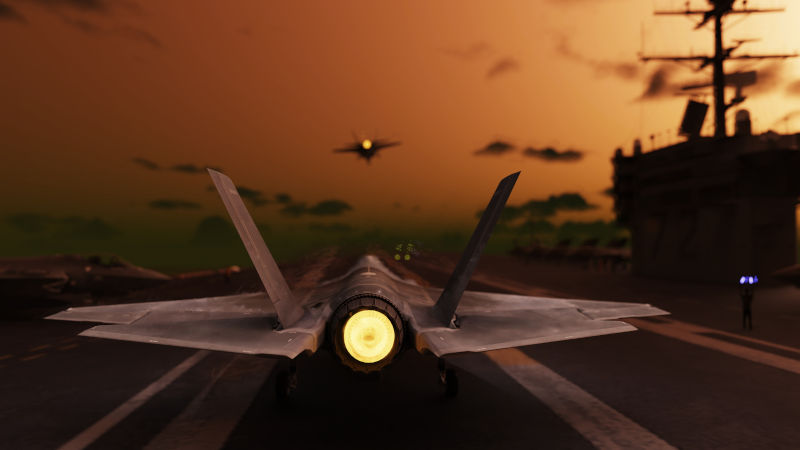
30 August 2022
What should the US do vis--vis China in the South China Sea?
To provide a deterrent to Chinas domination of the South China Sea, the U.S. needs to place its warships, planes and missiles in the region, possibly in the Philippines. However, any scenario that doesnt involve US accommodation of Chinas interests, and Chinas accommodation of its neighbours interests, wont end well.
17 August 2022
Why is Australia conducting provocative intelligence flights and activities off the China coast in support of the US?
How would Australia react if Chinese ISR (Intelligence ,Surveillance,Reconnaissance) planes were similarly operating off its coast probing its defences and dropping sonobuoys to detect its submarines?
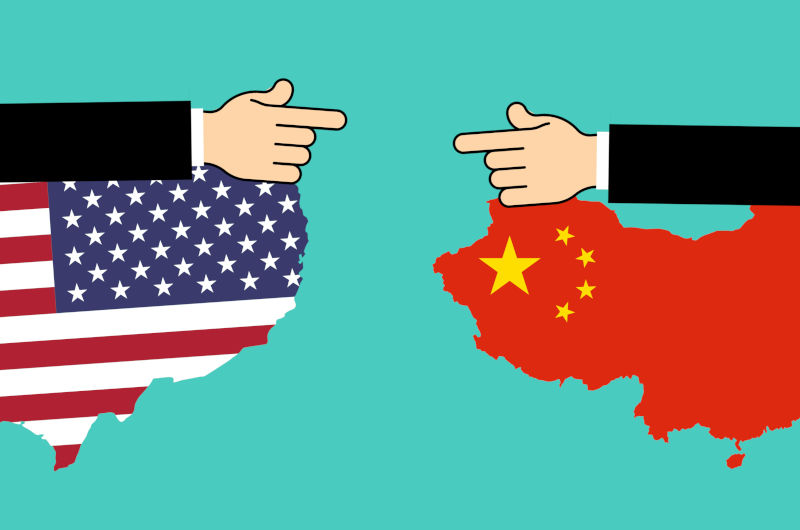
9 August 2022
Who is provoking whom in the South China Sea?
The frequency and intensity of dangerous incidents between US and China militaries are increasing in the South China Sea and second-in-line to the US Presidency Nancy Pelosis visit to Taiwan doesnt help ease the situation. But the U.S needs to pause and examine just who is provoking who and its contributions to the tension there.
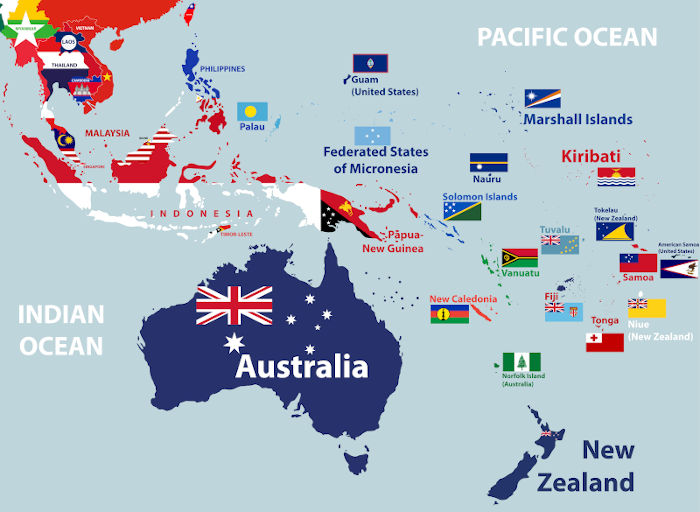
26 July 2022
Hope for a better Australian policy toward Southeast Asia?
America has been trying to use Southeast Asian countries and ASEAN in its contest with China for regional dominance andAustralia has long followed Americas lead. But now there is a glimmer of hope that at least the Australian approach towards Southeast Asia may change for the better.
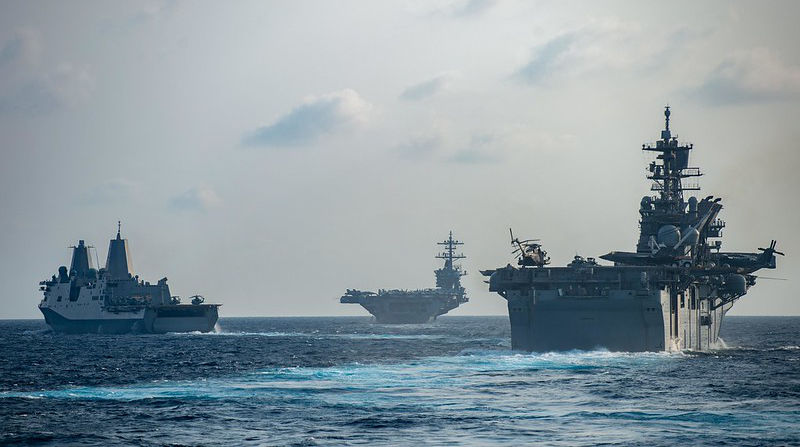
25 July 2022
Australia is dancing with the devil's in the South China Sea
Is Australia sleepwalking into a conflict with China in the South China Sea? Canberra echoes Washingtons arguments about freedom of navigation and mimics US surveillance activities in the South China Sea, while claiming it acts in its own interests. Yet it must ask itself: how does provoking a possible military conflict serve the country or region?
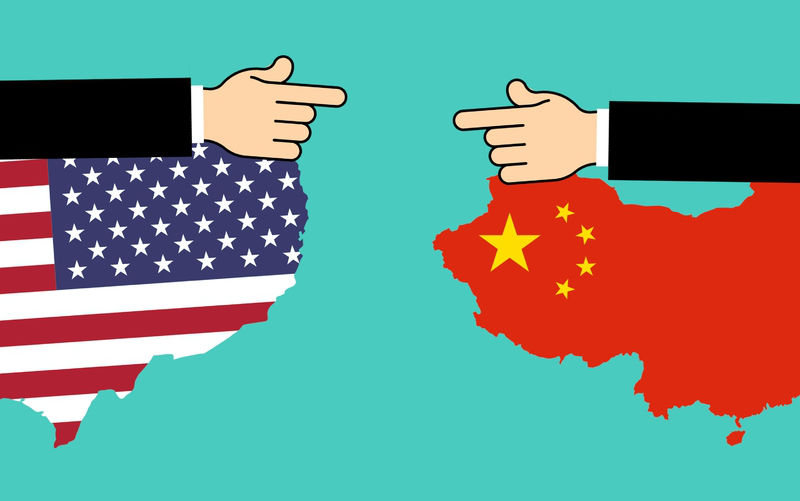
30 June 2022
China, the U.S. and the South China Sea what could go wrong?
The U.S. and China continue their standoff in the South China Sea. Although they are struggling to set a floor and guardrails for their military interactions, there is much that could go wrong.
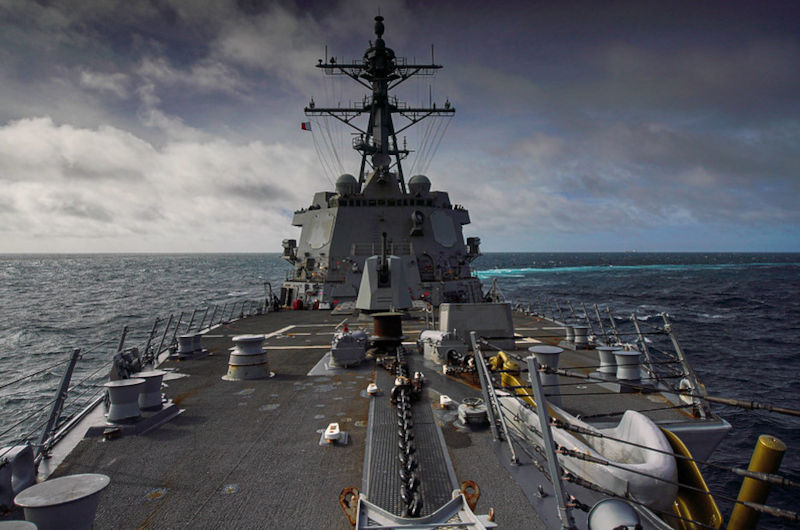
22 June 2022
The U.S. - China dispute over the Taiwan Straits legal regime
In the most recent flap over the legal regime governing passage of warships through the Taiwan Strait, both China and the U.S. are partially right and partially wrong.

20 June 2022
Is the Quads maritime domain awareness initiative a trojan horse for the US military?
The Quad has launched the Indo-Pacific Partnership on Maritime Domain Awareness (IPMDA). While hailed by its backers as a step forward in practical Quad cooperation, it could be a Trojan horse for the US military.
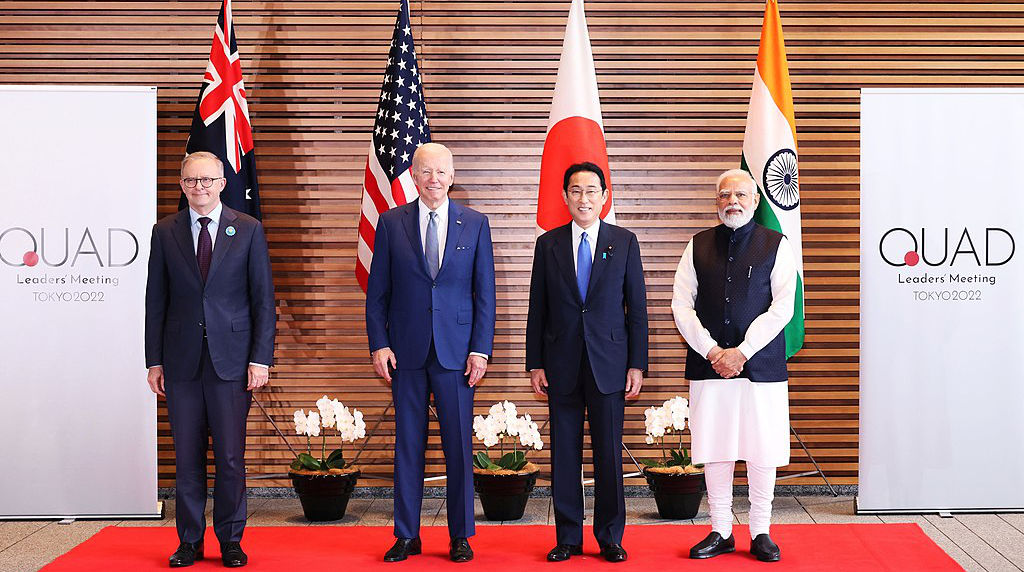
13 June 2022
Quad Hypocrisy on the Law of the Sea
The Quads statements regarding upholding the international order are hugely hypocritical when it come to the Law of the Sea.
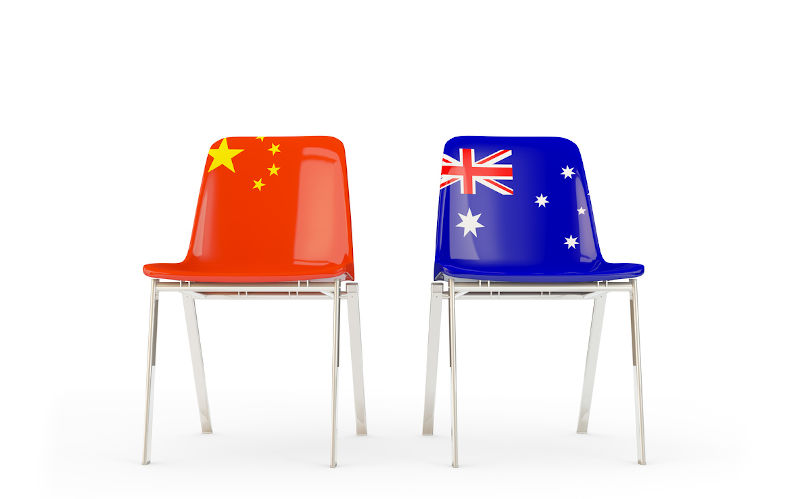
10 June 2022
Close encounter of China-Australia military aircraft raises questions
A close encounter between Australian and Chinese military aircraft over the South China Sea has resulted in mutual accusations of provocative and dangerous behaviour and raised many questions. Here is what we know and what we need to know before drawing conclusions.
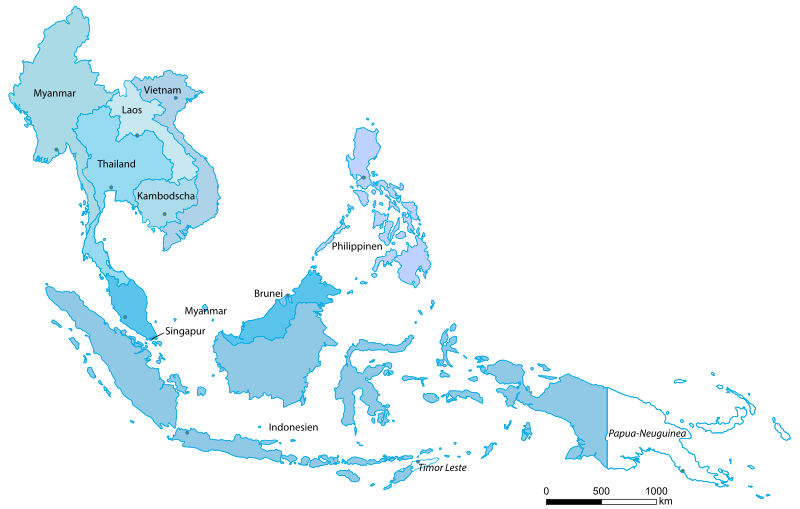
29 May 2022
Will Ukraine break the back of the beleaguered US Indo-Pacific strategy?
Implementation of the US Indo-Pacific Strategy is already facing significant obstacles. Now divisions over Russias invasion of Ukraine are further undermining US diplomatic efforts.
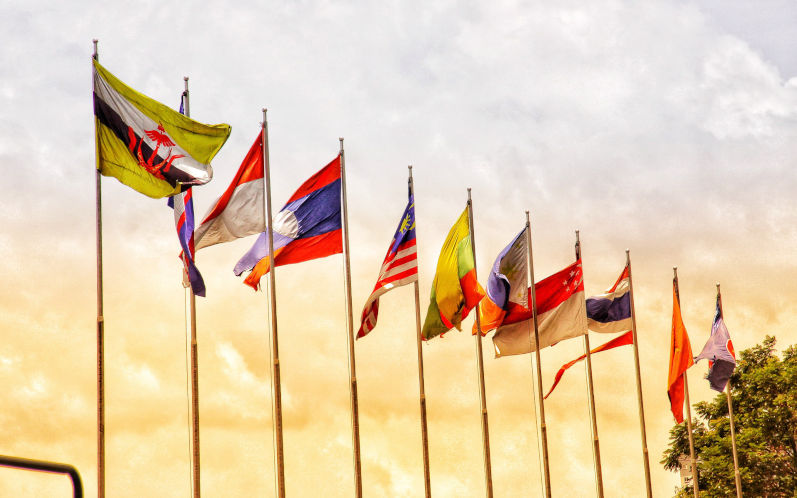
22 May 2022
The ASEAN-US summit: rhetoric versus reality
When the US-ASEAN Summit was first announced, there were great expectations on both sides.However fond hopes foundered on the rocks of reality.
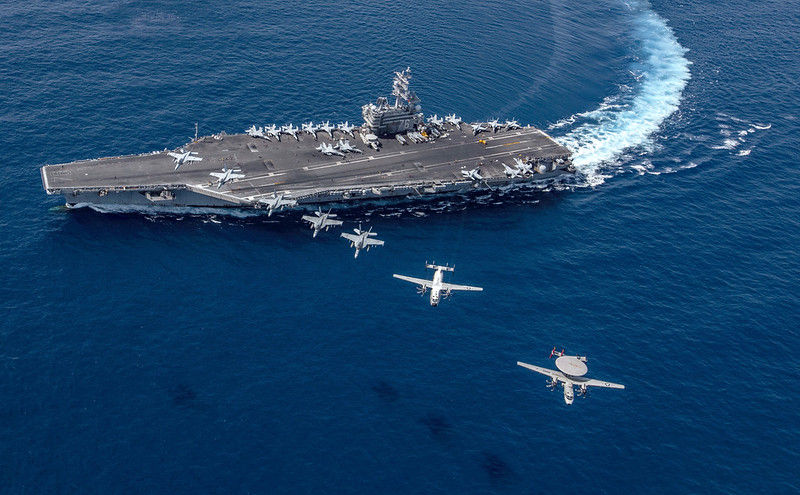
14 April 2022
US-CHINA compromise in the South China Sea could be the basis of a larger strategic framework
China has already proposed a new model of great power relations implying equality and shared responsibility in world affairs. To avoid military conflict, the U.S. must accommodate to some extent Chinas legitimate interests and aspirations by sharing powerwhen, on what issues, how, and how much are to be negotiated.

4 April 2022
Supposed lessons of the Ukraine tragedy for the Indo-Pacific
The tragedy of Ukraine has elicited a plethora of opinion pieces purporting to divine lessons learned for the Indo-Pacific. Some of them make sense. But many others reflect fuzzy, biased and wishful thinking.
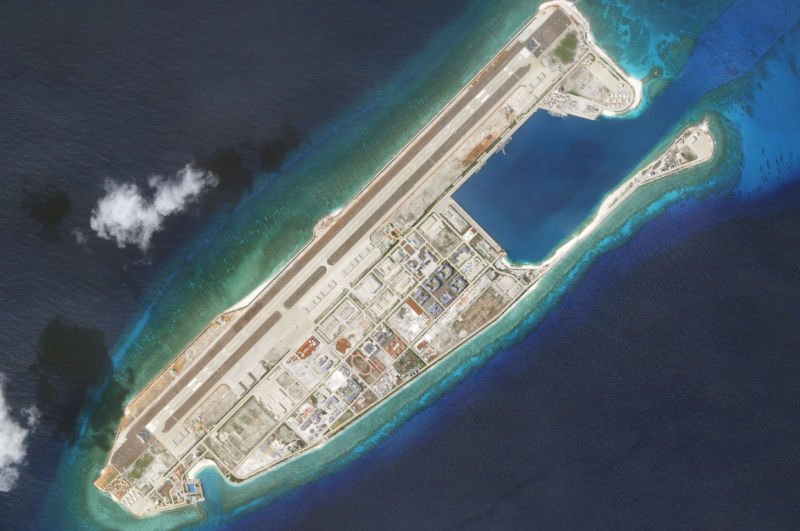
31 March 2022
Who is militarizing the south China sea?
There is an ongoing debate between the U.S. and China as to who is militarizing the South China Sea. Who is right is not clear and they both have their arguments.
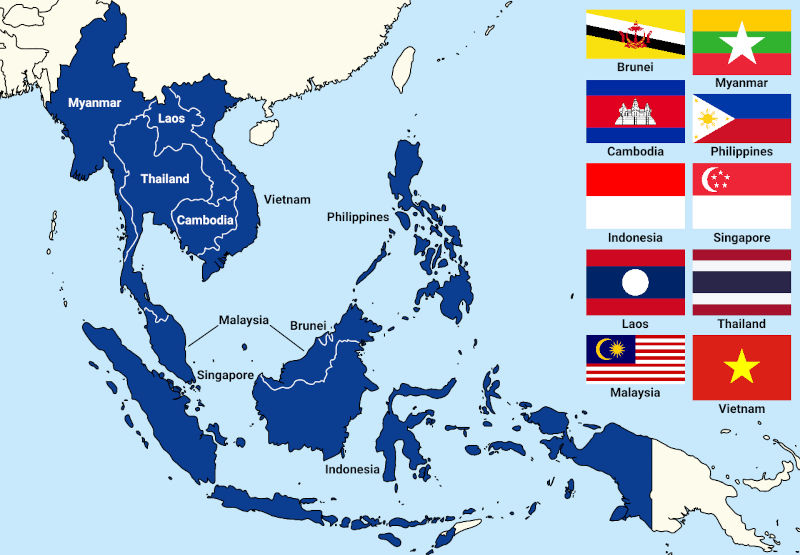
22 March 2022
ASEAN/US summit postponement raises serious questions for ASEAN about relations with US and China
ASEAN and its members want to be courted on their own merits and not as part of a scheme targeting China.

24 February 2022
China-Australia laser incident raises many questions
The belligerent statements by Scott Morrison and other seem blown out of proportion for political reasons and may have been motivated by the upcoming elections.

21 February 2022
US Indo-Pacific Strategy is built on false assumptions about ASEAN
The agenda of the new US Indo-Pacific Strategy for Southeast Asia is based on false assumptions and ignores fundamental differences between them and the U.S.

10 February 2022
Dutton's posturing can only lead to military confrontation with China
As the US draws its allies in an encirclement campaign against China, Australia's Defence Minister is adding fuel to the fire.
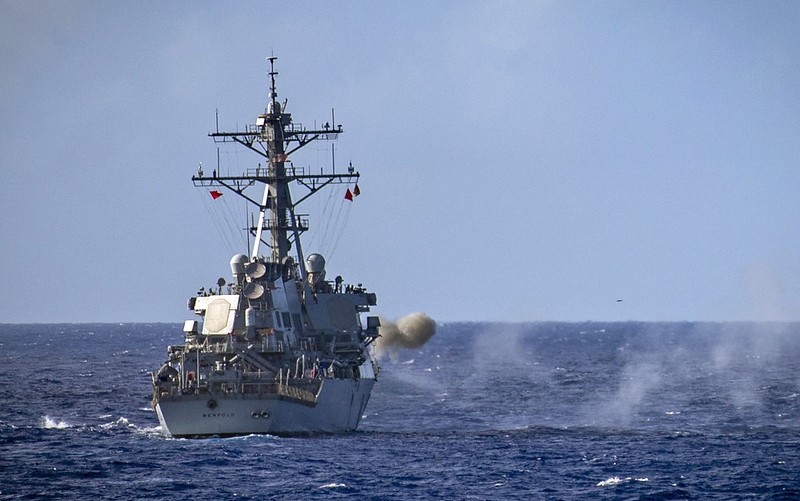
30 January 2022
Sea of hypocrisy around US freedom of navigation operations
These US operations in the South China Sea may violate international law, increase the risk of confrontation and are politically motivated.

12 January 2022
An uneasy rules-based order: China's restraint in South China Sea has limits
The implementation of AUKUS and increased US intelligence probes threaten Chinas nuclear submarines that are its deterrent against a strike by the US.

23 December 2021
In too deep? US credibility at risk in South China Sea
Washington insists it will defend the rules-based order in the face of China's increasing belligerence, but it may be raising expectations too high.

14 December 2021
China's belligerence in the South China Sea is backfiring
Its illegal actions and attempts at intimidation are fostering resentment among South-East Asian nations and playing into the hands of the US.

22 November 2021
Yesterday President Xi Jinping discussed South China Sea with ASEAN leaders
Will the South China Sea Code of Conduct herald a new order? China will present a united front with ASEAN countries. The US may have other ideas.

17 October 2021
Nuclear submarine operations in South China Sea endanger coastal countries
The accident involving a US nuclear-powered submarine in the South China Sea brings into scrutiny the ramifications of such an accident. The release of nuclear radiation could damage the food supply of many nations.

5 October 2021
China might react to the Quad and AUKUS with tried and true patience
With the Quad and AUKUS, the US and its allies especially Australia are clearly challenging China militarily. All eyes are now on China to see how it will react. It has many options.

23 September 2021
AUKUS ruffles Australia-France-South-East Asia relations
In one of Australian Prime Minister Scott Morrisons first foreign policy speeches, he boldy asserted that regarding the struggle between the US and China for regional dominance, Australia doesnt have to choose.
29 July 2021
Japan is tempting fate by joining the US-led anti-China coalition
War between China and the US is not inevitable. But it is becoming increasingly likely - and Japans actions could be the trigger. Japan and its US backers should not tempt fate.
6 May 2021
China's sanctions on Western think tanks
Chinas sanctions on the prominent Washington-based think-tank the Center for Strategic and International Studies (CSIS) has prompted a greatwailing and wringing of hands. While I empathize with those affected, I do take issue with some of their specific concerns.
3 April 2021
China Needs to Show More Restraint in the Region
China's aggressivenessin the region isprovoking a US-led backlash that could contain or constrain it. To achieve what it considers its rightful destiny, China needs to exercise more restraint. Slow and steady will win the race.
1 April 2021
Biden trumps Trumps truculent China Seas policy
Many had hoped that under new US President Joe Biden, the U.S. would moderate its goals and behaviour vis a vis China, especially where they militarily confront each other in the China Seas.But U.S. China policy has so far not only continued that of former President Donald Trump but even trumped its hypocrisy, condescension, confrontation and militarism.
27 March 2021
To achieve its goals china needs to show more restraint in the region
The much-anticipated meeting between top US and China foreign policy officials has come and gone with only the great gaps between the two to show for it. Despite growing US angst and opposition, China is proceeding apace toward its goal of regional and eventual world dominance.
13 March 2021
Why wouldn't Vietnam want US warships in their waters?
The myth that Vietnam supports a free and open Indo-Pacific is based on the false perception of Vietnam as the US's deputy in South-East Asia. It is time we recognise Vietnam's autonomy, and respect that they are just as pragmatic as the US or China.
6 March 2021
A better Biden approach in the South China Sea
President Joe Biden's Defense Department has created a taskforce to review US military relations with China and recommend any necessary changes. But what needs to be changed?
18 February 2021
Diplomatic finesse in the offing? Possible modifications of Freedom of Navigation Operations under Biden
For years the US has purposely conceptually conflated freedom of navigation for commercial vessels with its claimed freedom for its military assets to threaten and probe weaknesses in its opponents defences including those of China.
7 February 2021
Biden China team puts militarist cart before the diplomatic horse
By doubling down on Trumps in your face pursuit of military domination, the Biden China team seems to be proffering more of the same to the region -- instability and a drift toward confrontation and conflict.
30 January 2021
Forked tongues: US duplicity on China revealed
For years, American officials have claimed the US wants China to succeed and prosper. A declassified document reveals that on the contrary, US policy was to implement a defence strategy capable of denying China sustained air and sea dominance.
14 January 2021
Letting US Asian allies get nukes is a bad idea
A recent article by the Cato Institutes Doug Bandow in prominent Washington DC-based journal Foreign Policy proposes that America should let its Asian allies acquire nuclear weapons!
2 January 2021
US allies may tempt fate in South China Sea
China is feeling increasingly cornered--both politically and militarily in the South China Sea. The presence of US allies navies and in particular the joining of US FONOPs there will exacerbate that sense of desperation and perhaps prompt a kinetic response from China. They need to weigh carefully the consequences of tempting fate in the South China Sea.
21 December 2020
The New Neocolonialism in Southeast Asia
In the colonial era in Southeast Asia extending from the 15th to the late 20th century, the Western powers, (including America in the late 19th century) competed for, occupied and governed Southeast Asia. The former colonial masters continued to impose economic, political, cultural and other pressures to control or influence their former colonies. Now, just as they have finally begun to throw off their lingering colonial shackles, a new neocolonial era is in the offing, more conceptual than physical.